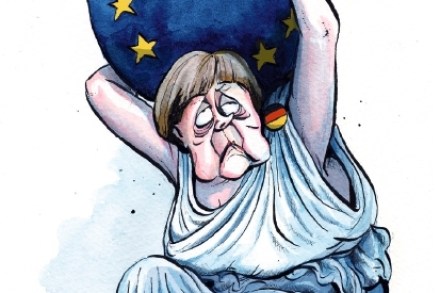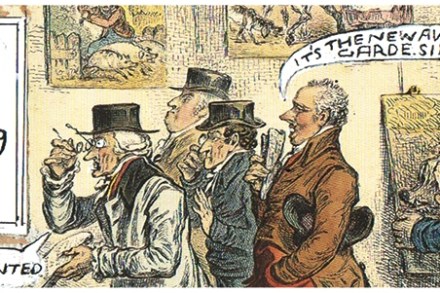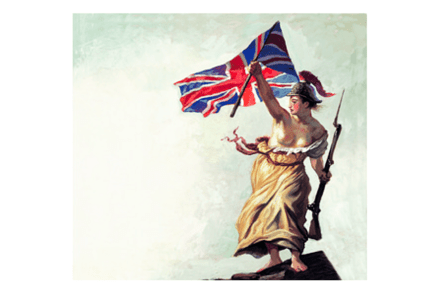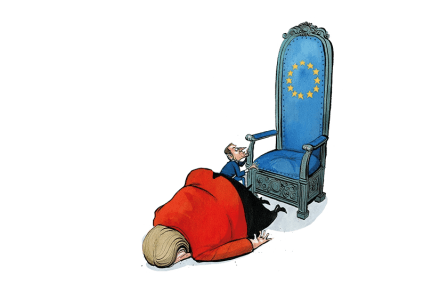The uninspiring choice facing German voters
The gloves are off in Germany’s electoral race. As personal insults are traded and skeletons dragged from their closets, even the German president — a figurehead who normally stays above politics — has urged all parties not to let the campaign descend into ‘mud-slinging’. In a rare political intervention, Frank-Walter Steinmeier warned that ‘measure and reason’ were preconditions of a functioning democracy. What had happened to cause the head of state such concern? The German Green party has long complained that their leader Annalena Baerbock is being subjected to a sexist smear campaign. Her party’s inexperienced spin doctors suddenly had a wave of allegations to deal with — from inaccuracies




















